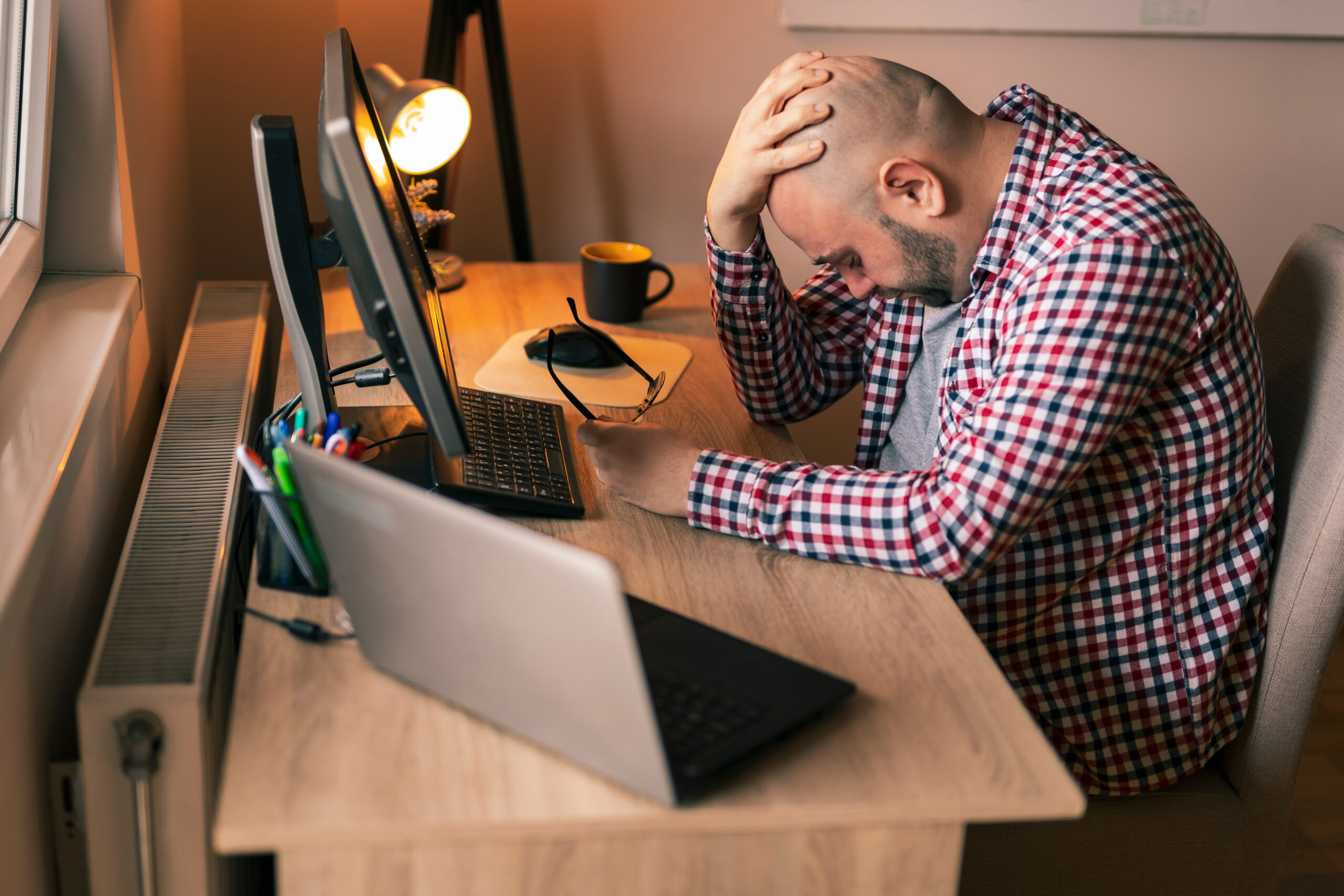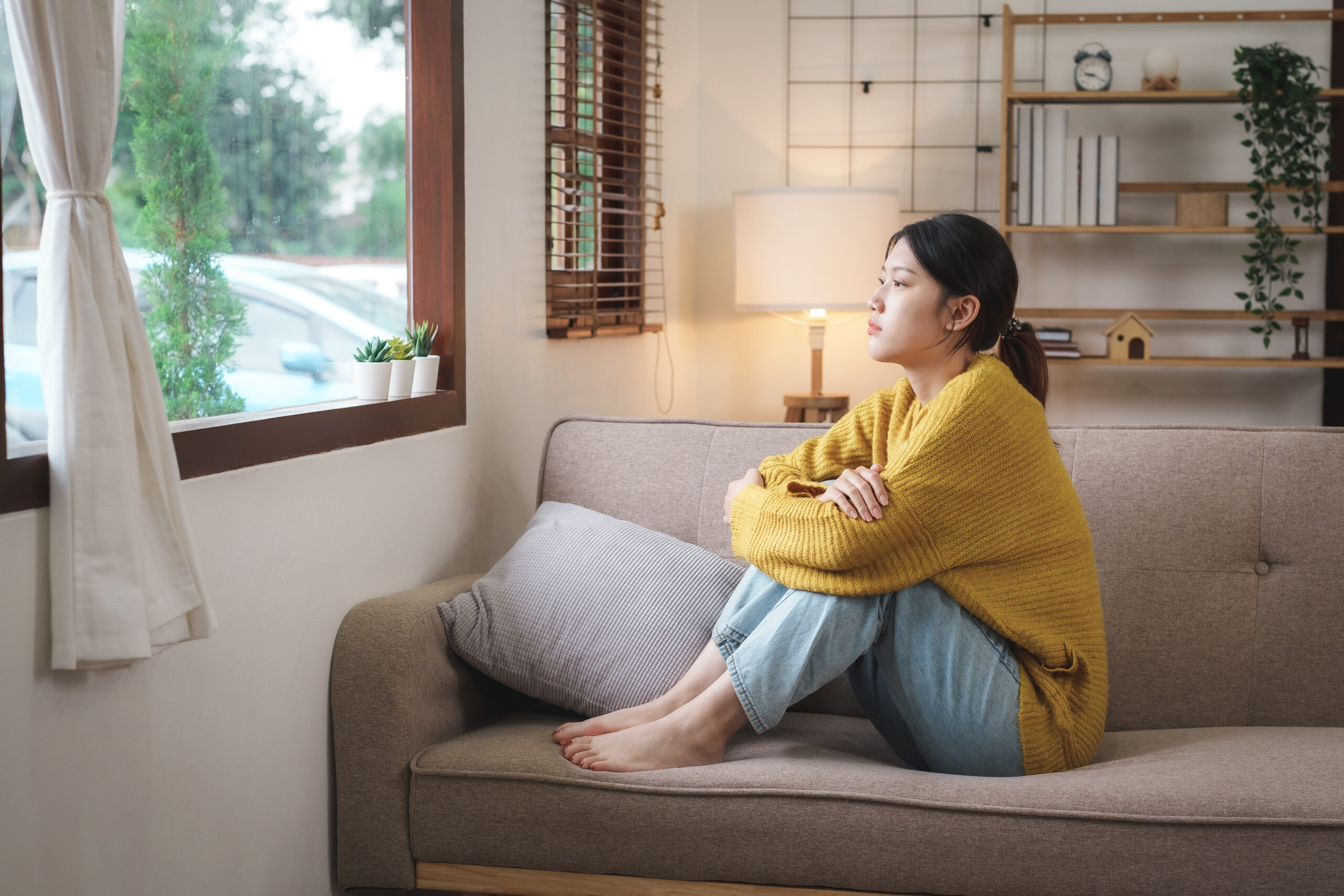
CNA – The world is being bombarded with distressing headlines, and the emotional impact goes beyond mere these said headlines. Whether it’s a natural disaster across the globe or a tragic event closer to home, that unsettling connection is something we all experience.
According to Mahima Didwania, a seasoned clinical psychologist specialising in trauma, this shared sense of concern is entirely normal.
With over a decade of experience working with trauma survivors, Didwania sheds light on the common thread that ties us to the stories unfolding around us.
“While some situations may not happen to us directly, we still feel affected because humans are more connected than we think,” she said.
Didwania described this as vicarious trauma, where we feel the effects of a traumatic event – such as fear, sadness, and rage – from a distance. This occurs when we witness the event on television, read about it in the news, or follow its unfolding on social media.
Such situations can include the ongoing genocide in Gaza, a mass public shooting in the United States, the removal of Afghan refugees from Pakistan, the teen who killed his schoolmate in Singapore or even the talk about the cost of living.
Effects of vicarious trauma
The effects of vicarious trauma are aplenty and must be taken seriously, said Didwania. “While you’re not the direct victim, you may feel the suffering because it still happened, even if it’s to a stranger.”
One of the most common effects of vicarious trauma is increased stress.
“This can manifest as increased anxiety, especially after viewing distressing videos or images related to the traumatic event,” Didwania explained. “In some cases, we may even encounter nightmares or persistent thoughts about what we witnessed.”
Our physical bodies are not immune either, Didwania said. Those exposed to such news may experience sleeplessness or increased tiredness and fatigue, making it difficult to perform even simple, everyday tasks.
“When we don’t take care of ourselves, we can even get headaches, backaches, or a lack of motivation to do anything,” she added. “We may get intrusive thoughts that divert our focus from the present and cause us to lose track of what’s happening around us.”
Some people may also find themselves becoming more easily angered, irritable, or experiencing the urge to cry unexpectedly during various points in the day, she continued.
Psychotherapist Padma Jairam added that many of us adhere to the “just-world hypothesis” or “just-world fallacy.” This belief suggests that we see the world as inherently fair, where good things exclusively occur to good people, and bad things happen only to those perceived as bad.
“So when we see innocents being killed or oppressed, the world feels imbalanced and we feel a strong sense of helplessness or despair,” Jairam said.
On top of these emotions, there may also be guilt.
“Some individuals may feel guilty, wondering why the traumatic event is happening to others and not to us,” Didwania explained.
“We may also experience guilt for feeling grief and stress even though we are not directly affected,” she added. “There’s a tendency to question and blame ourselves, thinking that we are making the situation about us when it’s actually about them.”

How to stay informed while taking care of ourselves
While it is important to stay abreast of the news, it’s also important to make sure you don’t “spiral into a state of despair and helplessness”, Jairam said.
We must also be present for your responsibilities and your family and friends who are with you, Didwania added. “It’s not about dismissing the plight of others, it’s about ensuring you are as well as possible so you can keep going.”
So how do we balance keeping up to date with the news that means a lot to us and taking care of our mental health? The two experts break it down for us.
Be open about what we feel
Didwania said that the first thing to do is to not repress your feelings.
“Don’t perceive your feelings as wrong or guilty, how can we not grieve or be emotional over horrible things that happen?”
Feeling grief, anger, and sadness for bad things that happen in the world is a normal emotional response and should not be seen as if something’s wrong with you, she said.
“It’s a sign that you’re human with empathy.”
Even if the events aren’t happening directly to you, it’s okay to experience the emotions you’re feeling.
Take time from the news to self-regulate
Once you acknowledge your emotions, take the time to regulate and manage your behaviour, Jairam said.
“We need to carve some time for ourselves to reflect and make sense of what’s going on,” she said.
She also pointed out that staying informed doesn’t mean constantly consuming news around the clock. “By always consuming the news, we will increase the chances of causing ourselves even more heightened levels of stress, anxiety, and grief.”
Jairam also emphasised that taking breaks is essential and does not mean dismissing or ignoring the issue. “When we take time from the news to manage our emotions, we will be in a better state to remain informed and continue keeping ourselves updated.”

Be selective about the platforms you follow
Didwania highlighted that as there’s a prevalence of misinformation and sensationalism in today’s news, it is especially crucial to be selective about the platforms from which we consume information.
“Staying informed does not have to mean reading from every single source,” Jairam added. “It’s about choosing reliable sources that give you the information you need to keep connected respectfully.”
Jairam noted how important it is to establish healthy boundaries and be willing to reject sources that do not fulfil your informational needs.
This is key when staying updated on the situation on the ground, especially if certain outlets indiscriminately share distressing images and videos of innocent people unnecessarily.
Read different types of news even of the same issue
“Even in depressing times, there are moments of hope,” Jairam said. “So when you follow the news of an upsetting event, remember that good things take place even amid the situation.”
She provided examples to illustrate her point. In war, people and organisations come together to advocate for peace, and individuals on the ground strive to ensure safety and hope for their families.
Amid the ongoing climate crisis, scientists and researchers work on solutions to better conserve nature. Additionally, in the aftermath of a mass shooting, people come together for the victims and their loved ones.
“These moments may not solve the core issues of the event,” Jairam noted. “But it’s still important to know about them because it reminds us of people’s good actions and that gives us hope – that can prevent us from sinking into a dark place.”
Take action within your control
While some events in the world occur far from us geographically, they may be related to universal causes that mean a lot to us, said Jairam.
“If there’s an action you can take within your control, do it!” she said. “You can volunteer and bring awareness to the issues where it’s anti-sexual abuse, anti-war, helping the poor, or raising the information around suicide or domestic violence.”
By taking action in your way, you also get over the sense of helplessness because there is something that can be done, she added. “You can be part of the community or groups of people who do things you want to see.”
Reach out to those around you – you’re not alone
If you find yourself deeply affected by a widespread situation, you’re likely not alone in your feelings, Didwania said. Other people and communities share similar sentiments, so reach out to them.
“Talk to your loved ones about your feelings, talk to people who are also grieving what’s happening in the news,” she said.
“Lean on others, and if you feel that your emotions are too heavy to bear, speak to a professional who can help you process and manage the effects of your vicarious trauma.
“These experiences are just as serious, so you don’t have to go through it alone.” – Izza Haziqah Abdul Rahman







